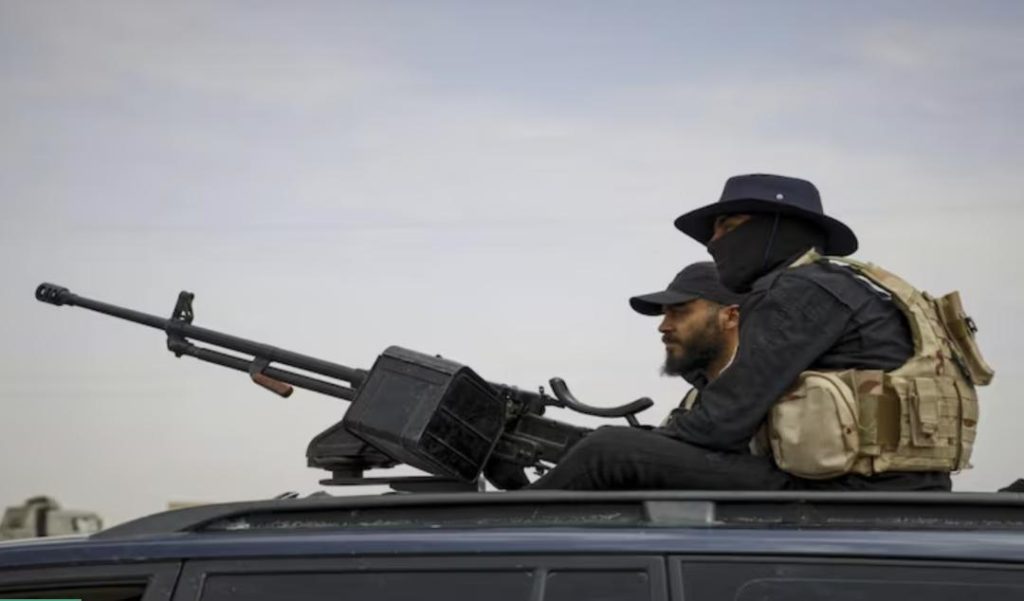
Israel Strikes Target near Syria’s Presidential Palace
In a bold move, Israel struck a target near the presidential palace in Syria’s capital city of Damascus on Friday, marking its second attack in the region this week. The strike is believed to be a response to the growing threat posed by Syrian forces to the Druze minority sect fighters in the region.
The attack comes just days after clashes broke out between pro-Syrian government gunmen and Druze minority sect fighters in the southern part of Damascus. The clashes, which resulted in several deaths and injuries, have raised concerns about the escalating tensions in the region.
In a statement, Israeli Prime Minister Benjamin Netanyahu said that Israel would not allow Syrian forces to deploy south of Damascus or pose a threat to the Druze community. “We will not allow (Syrian) forces to deploy south of Damascus or any threat to Druze community,” Netanyahu said.
The Israeli military strike on Friday was carried out using fighter jets and targeted a location near the presidential palace in Damascus. The exact nature of the target was not disclosed, but sources suggest that it was a military facility or a storage site.
The strike is seen as a significant escalation of tensions between Israel and Syria, which have been on a knife’s edge in recent months. The Israeli military has been carrying out regular airstrikes against Iranian and Hezbollah targets in Syria, citing concerns about the presence of these groups in the country.
Syria, however, has consistently denied the presence of Iranian and Hezbollah forces in the country, and has accused Israel of trying to destabilize the region.
The Druze minority sect fighters, who are predominantly based in the southern part of Damascus, have been fighting against the Syrian government forces for several years. The fighters have been supported by Israel, which has provided them with military aid and training.
The conflict in Syria has been ongoing since 2011, when a civil war broke out between the government of President Bashar al-Assad and a coalition of opposition groups. The war has resulted in the deaths of hundreds of thousands of people and the displacement of millions more.
In recent months, the situation in Syria has become even more complex, with the presence of foreign forces, including Iranian and Russian troops, adding to the mix. Israel has been particularly concerned about the presence of Iranian forces in Syria, which it sees as a threat to its own national security.
The Israeli military has been carrying out regular airstrikes against Iranian and Hezbollah targets in Syria, and has also been providing military aid and training to the Druze minority sect fighters. The Druze fighters have been fighting against the Syrian government forces in the southern part of Damascus, and have been supported by Israel.
The conflict in Syria is complex and multifaceted, with many different parties involved. The situation is further complicated by the presence of foreign forces, including Iranian and Russian troops, which have added to the mix.
The Israeli military strike on Friday is seen as a significant escalation of tensions between Israel and Syria, and is likely to have long-term implications for the region. The strike is believed to be a response to the growing threat posed by Syrian forces to the Druze minority sect fighters in the region.
In conclusion, the Israeli military strike on Friday near the presidential palace in Damascus is a significant development in the ongoing conflict in Syria. The strike marks Israel’s second attack in the region this week, and is seen as a response to the growing threat posed by Syrian forces to the Druze minority sect fighters.
The situation in Syria is complex and multifaceted, with many different parties involved. The presence of foreign forces, including Iranian and Russian troops, has added to the mix, and the conflict is likely to continue for some time.



